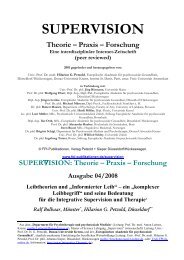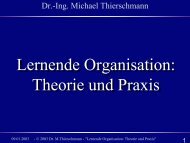Ilia Chavchavadze - brainGuide
Ilia Chavchavadze - brainGuide
Ilia Chavchavadze - brainGuide
You also want an ePaper? Increase the reach of your titles
YUMPU automatically turns print PDFs into web optimized ePapers that Google loves.
SUMMARY<br />
I. The origin of the state. With regard to the problem concerned the<br />
object of a special interest, first of all, composes the principle difference<br />
of „traditional“ ideology, which dominated over us for decades, to the<br />
conception of I. <strong>Chavchavadze</strong>; differently from it, he does not connect<br />
the discussing process to social confrontation of any kind, he sees the<br />
cause of the origin of the state not in separation of interests, but in their<br />
unity. To say precisely, by the explaining the nature of state, to the „class<br />
contradictions“ is opposed here the nature of individual, to the „economic<br />
dominance“ – the common prosperity, to the „will of minority“ – the<br />
common will and to the „spontaneity“ – the regularity.<br />
At the same time, I. <strong>Chavchavadze</strong> points out not „mental will“, but<br />
the naturally united one as such, through which, on the other hand, his<br />
views essentially differ from the theory of agreement. Although in both<br />
cases the origin of the politically organized society is caused by a<br />
common initiative, the main thing is that, according to I. <strong>Chavchavadze</strong>’s<br />
tenets, the origin of the state is connected to the nature of individual and<br />
not to the naked social will, in the course of which he pays equal attention<br />
to the man’s „corporal“ and „spiritual“ nature. The originality of his<br />
point of view in this respect is even more obvious: As opposed to the<br />
theory of agreement, he points out not the „production“ resp. the „more<br />
effective work“, but „mutual rigths and duties“, i. e. in the conception of<br />
I. <strong>Chavchavadze</strong> the member of politically organized society is regarded<br />
not as a „producer“ protected by the „social contract“, but as a legal<br />
subject.<br />
In general, we have another kind of difference concerning the correlation<br />
between the tenets of Plato and I. <strong>Chavchavadze</strong>. Though both of<br />
123
















